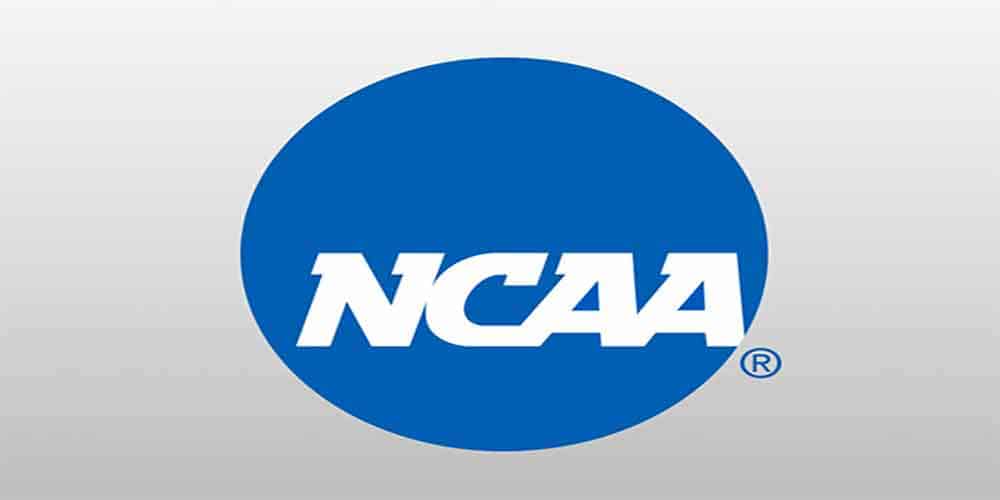The NCAA has decided to create a special committee to study the long-term effects of sports gambling on their organization and student-athletes.
As per an announcement made July 19th, the National Collegiate Athletics Association (NCAA) voted to establish an investigatory committee known as the Board of Governors Ad Hoc Committee on Sports Wagering to better understand and study legalized sports gambling effects on different aspects of the organization and its athletes.
This committee will examine the effects of sports betting expansion in the US and figure out ways to better protect student-athletes from gambling harm and preserve the integrity of athletic collegiate competitions. The Board will be led by Chairman GP “Bud” Peterson who is also the President of Georgia Tech University.
The main effort by the Board of Governors Ad Hoc Committee on Sports Wagering is to reduce the harmful effects of gambling addiction which could affect young athletes. On its own admission, the NCAA admitted an estimated 26% of male athletes gambling on sports, with 8% of them doing so more than once a month.
The NCAA’s issue with gambling centers around its golfers who are 3x more likely to gamble than other NCAA athletes which could lead to a higher probability of developing problem gambling issues.
For this reason, the NCAA’s Sports Science Institute will host a Sports Wagering and Well-being Summit to address issues, signs, and the prevention of problem gambling. The Summit will be a collaboration of experienced individuals from the sports gambling industry and various mental health professionals.
The Summit will involve discussing ways to implement safeguards within NCAA sports betting to prevent the growth of and continuance of gambling addiction for players and public consumers alike.
Other issues to be tackled by the Board concern the overall protection of the game via a standard national guideline and player protections. However, the Board will also be responsible for monitoring betting activities and sports data, for long-term research purposes, at least this is what the NCAA is claiming at this time. Nonetheless, the Board will be tasked with examining expanded sports betting effects on game officiating, NCAA rules, federal and state legislation, and the use of integrity services.
Current rules implemented by the NCAA restrict sports gambling by any players, staff, member school athletic employees, coaches, and those individuals directly connected to any player. Violators of this rule will suffer severe consequences from the NCAA, penalties can include loss of eligibility for players.
To better prepare for changing rules in the future and expanded sports gambling legalization, the NCAA has already suspended its ban on holding championships in states with legalized sports gambling, this rule only affected Nevada before the removal of PASPA by the Supreme Court.

